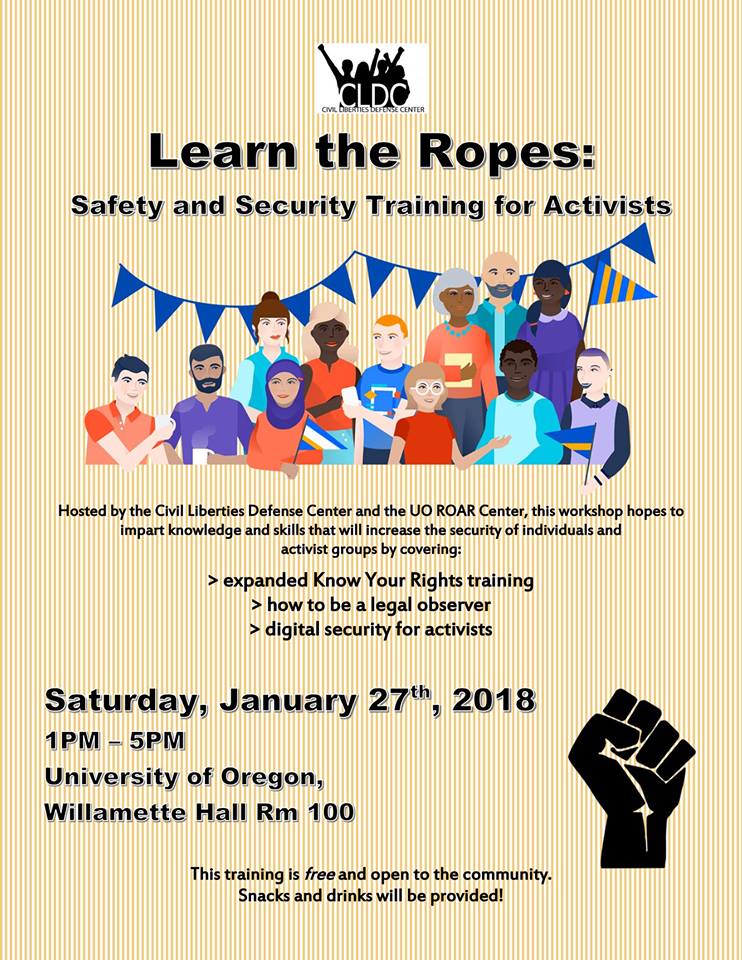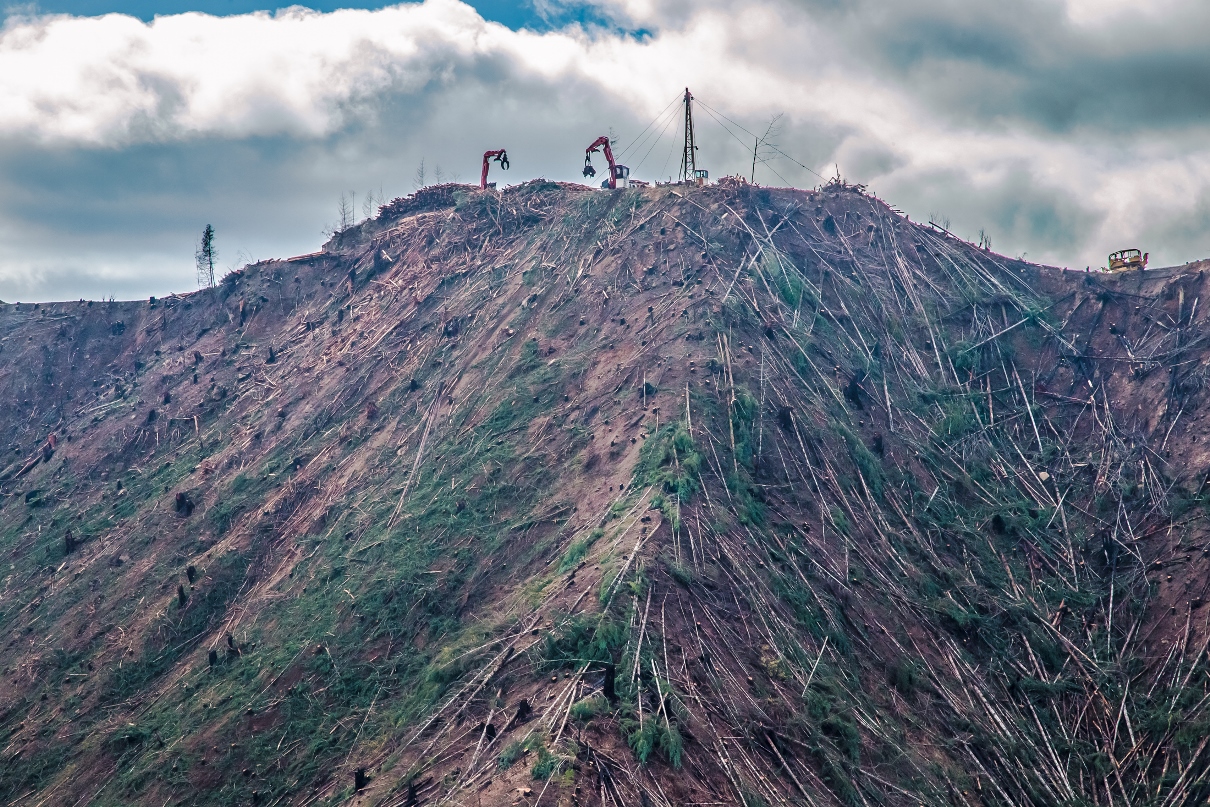This website is no longer updated. All forms, including Event Submission, are not monitored for new entries even though they may appear to be functional. The content of the Occupy Eugene website is maintained for historical purposes documenting the Occupy Wall Street Movement in Eugene, Oregon.
Excerpts from the book, We are Many: Reflections on Movement Strategy. From Occupation to Liberation.
Vijay Prashad, This Concerns Everyone
The sedimentary nature of Power fears the chaos of protest. What the 1% knows as Stability, the Middle Class knows as Convenience. Protest is unstable and inconvenient. It pushes here and there, seeking ruptures in the fabric of the present. Success is not guaranteed. What is clear, however, is that the time of the present, of the possible has become irrelevant to thousands, if not millions of people. They are seeking the time of the future, of the impossible: Occupy is a stepping-stone to that time of the future. The encampments are no longer, but the spirit lingers, pushing here and there.
Ryan Harvey, Occupy Before and Beyond
Occupy grew out of a specific social, economic, political, and cultural context. Mass ruptures in the future will grow out of their own contexts as well. Perhaps Occupy will become a reference point that helps define and inspire movements that we cannot even imagine today, just as we could not have imagined what began in Tunisia in December of 2010.
Rachel Herzing and Isaac Ontiveros, Reflections from the Fight Against Policing
In September of 2011, Occupy Wall Street captured the imagination of people around the world and spawned political activity of a breadth and volume unseen in generations. Occupy’s approach left those who opposed it bewildered and disoriented—no single leaders, no one set of demands, a value on spontaneous direct action—and at a loss for concrete targets to shut it down. The broad appeal of Occupy drew supporters from a range of ages, backgrounds, and concerns who share disaffection and frustration with the current state of politics and economics in the US.
Mark Bray, Something that Takes Time
Well, in less than a month we’ve sparked the most dynamic American social movement in decades with hundreds of occupations springing up across the country and the world. I’d say that would qualify as something.
Team Colors Collective, Messy Hearts Made of Thunder
Where does the Occupy movement go from here? Its emergence in the fall of 2011 was extraordinary after a decade of fleeting struggles and collective impasse; its rapid dissemination across a wide swath of places in the months that followed was equally unexpected. Yet even amidst the endless surprises, Occupy also carries the sediment of past and recent struggles, from poor people’s urban movements and anti-police brutality struggles to the Arab Spring and precarity movements in Europe; it furthers encounters between organizers working on housing rights, student strikes, and prison abolition; and it offers a space for everyday resistance—simmering in homes, schools, streets, and workplaces—to arise into an outraged chorus that spans multitudes. Occupy is one of many loosely networked anchors in a sea of global revolt against the capitalist crisis, imposed austerity, state violence, and bankrupt avenues of acceptable politics.
David Graeber
No movement ever changed the world in just three months. The fact that Occupy is now being criticized for failing to do so is a testimony to just how much we really did accomplish.




